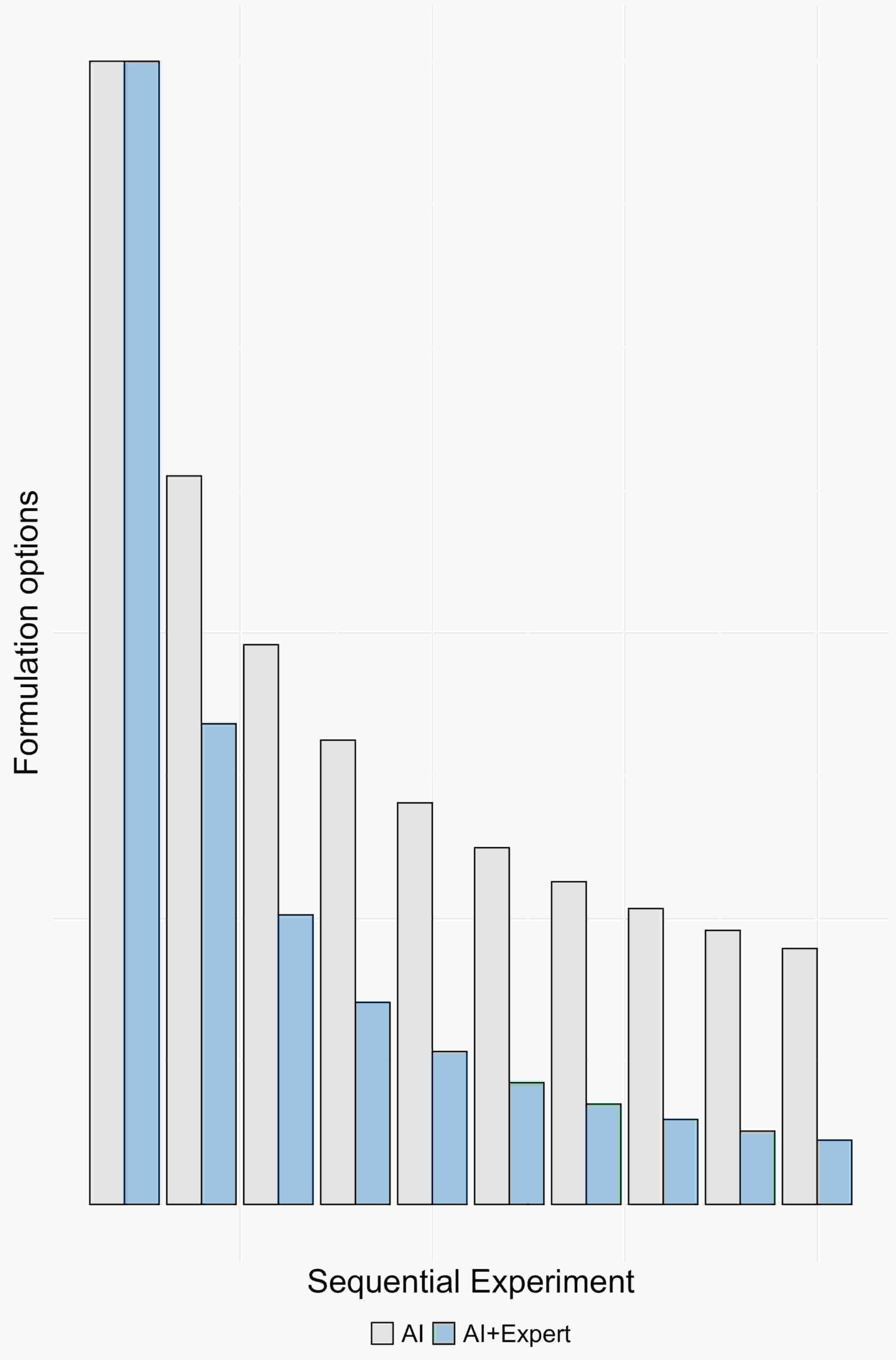AI: unlocking the hidden potential of food and data



In this series of articles, NIZO Food Research Division Manager and FoodNavigator advisory panel member Dr. René Floris discusses some of the big issues in today’s food industry.
Artificial intelligence is generating headlines – and scare stories – across the world. But could it have an impact on the food industry? Dr. Jolanda Lambert, NIZO’s Senior Project Manager Health & Microbiology, and Dr. Eric Hester, Senior Scientist Bioinformatics, explain how AI could be applied to food development and manufacturing, and how the industry can get the most out of this potentially era-defining technology.
The term AI covers a wide range of technologies such as artificial neural networks, machine / deep learning and generative pre-trained transformers (GPTs) – famous from applications like ChatGPT. What unites all these approaches is the potential to automate – and hence massively speed up – tasks that previously had to be done by humans. For the food industry, that means the possibility of bringing new products to market faster and at lower cost.
The real strength of AI is the ability to analyze vast amounts of data to detect hidden patterns. If you can understand those patterns and the context behind them, then the food industry could make all kinds of unexpected discoveries.

AI works by exploring data. So those companies that already have access to data are sitting on a potential goldmine. That could be historical data stretching back over many years of operations, or it could be data that you are generating currently, for instance, through the automation and monitoring of production processes. But companies who have less of their own data can still benefit from AI using publicly or commercially available data. For example, you could partner with a company that has extensive databases or the ability to generate useful new data.
AI is a powerful tool for the food industry. But it is still just a tool. And like any tool, you will always get better results faster if you know how to use it properly. So, to apply AI successfully in the food industry, you need to know AI and you need to know food. There are many forms of AI, but most of them work by feeding a relevant AI model with relevant data. You have to combine expertise in AI models with an understanding of where the data comes from to be able to choose, build and optimise the right model for the job at hand.
I agree completely. With the right AI, you can answer all kinds of questions. But you need that food industry know how to ask the right questions and to gain useful insight from the answers. If AI brings massively scaled up “intelligence”, the food expertise brings the “wisdom” to apply it. For example, if you are looking at the health benefits of a certain ingredient in a new food product, AI might show that the effect is particularly marked in a certain country or community, and a human expert could look at that and say: “Well that community also eats a lot of this other foodstuff, perhaps there is a beneficial interaction going on there”.
Imagine you want to create a new probiotic product to improve gut health in adults. There are already hundreds of microbial strains that have been shown to improve gut health, plus thousands of others that have related genetic sequences and so could be novel options. The challenge is to find the best strain for you new product in a commercially viable timeline.
To do that, the food experts identify the ideal technical characteristics of the strain, such as non-pathogenic, no risk of antibiotic resistance, the ability to withstand the human digestive system and survive processing conditions like freeze-drying, etc. Then you have characteristics that come from your preferred market: for example, possible additional health benefits like improving quality of sleep or, if you want to sell the probiotic as a yoghurt, how the strain impacts taste, texture and other cultures used to make yoghurt. Together, food and AI experts can decide which of these characteristics should be built into the AI models. The model can then interrogate all the data it can access about genetic sequences, protein functionality etc., finding the hidden patterns that identify the best candidate strains.
The AI would identify all the possible candidates that meet the requirements built into the model. That brings down your list of possible strains from thousands to say around ten. Then human experts can review the list using knowledge not included in the model such as how the strain fits in with your company’s image. For example, preferring a strain that can be grown in a vegan-suitable medium if you have a strong plant-based brand or one isolated from a human if that would appeal to your target audience. Finally, you have two or three “best” options that meet your technical and marketing needs, which you can move forward to lab and consumer testing.

That is just one example of many. You could certainly use AI in new product development. Say you are starting to develop a new non-dairy cream cheese analogue. If you are starting with an open slate, there are many possible non-dairy protein ingredients you could base your product on – either as a sole protein or in combination. Each of those ingredients or combinations will have its own impact on the taste and texture of the product. And that’s before you even consider all the other ingredient choices, interactions with processing, etc. To find the best path forward takes a level of expertise that is quite rare to find. Experts who can leverage AI tools are a very powerful combination to navigate these options.
A company like NIZO has huge amounts of data on things like protein functionality, solubility, digestibility, denaturing during processing, etc. Food and AI experts working together could build and use AI models to explore that data and find the best combinations of ingredients and processing technologies to create a product that fits with the manufacturer’s market ambitions and brand.
Beyond those two examples, AI could be used almost anywhere in the food industry where data is available: in fermentation to optimise growth media and processing conditions, in production to develop new processes or optimise existing ones, to improve cohort selection in clinical trials, to identify new functional ingredients. AI is evolving so fast that I would want to say there is any challenge that it won’t be able to meet at some point when it is used by the right hands.